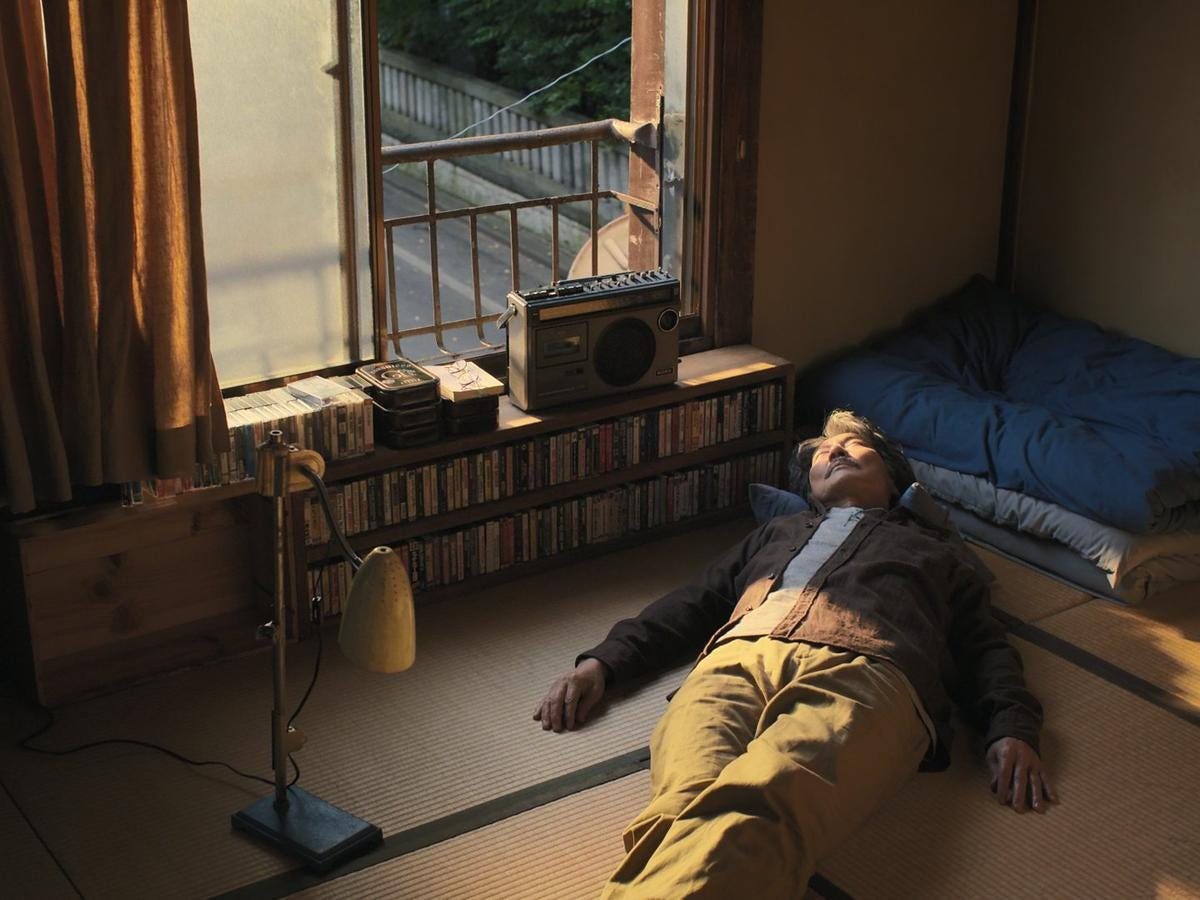Joy must be made, not found
Inertia — 221
If joy were a person, she’d be the friend who never shows up uninvited but always answers when you call. Not the one messaging you at 2am with unsolicited advice about your life choices. Not the one stalking your life and leaving passive-aggressive comments about how you should be happier. Joy minds her own business until you decide to pick up the phone.
Sorrow, on the other hand? Sorrow is the ex who still has your Netflix password. He shows up without warning, rearranges your furniture, eats all your food, and acts like he owns the place.
“Joy must be made, not found. Because sorrow doesn’t wait for you to make time. It dosn’t ask for permission but arrives uninvited, loud, greedy, and without warning.”
Sorrow has his own key, his own schedule, his own agenda. He takes and takes and takes to keep your house feeling empty and cold.
We’re taught to find joy hiding under the rocks, waiting to be discovered if we just achieve enough, buy enough, or find the right person to “complete” us. Backwards thinking. It keeps us perpetually disappointed, always searching for something we never lost.
What I’ve learned is: joy is like bread—you don’t find it lying around, you make it. You gather simple ingredients, knead them, and wait for them to rise. Some days it comes out perfectly. Other days, it comes out a little lopsided. But either way, it’s made with your own hands.
Thinking about it another way, it’s said that quantum physics supposes that reality is influenced by observation. Our perception isn’t just a mirror of the world we see. It’s actively shaped by where we guide our attention, what we expect, and our intentions. Your focus can rewire your brain. So when you’re looking for moments of warmth, connection, or meaning, you’re not merely noticing them; you’re strengthening those neural pathways and making joy more accessible next time.
Where most of us get stuck is in our own loops. We keep ending up in the same loops of sorrow, not because life is against us, but because we keep choosing what’s familiar over what is healthy. You want a new outcome, but you keep making old decisions. You say you want more joy and for time to slow down, but you keep reaching for your phone instead of looking up at the sky. You crave lightness, you keep rejecting the small daily choices that create it.
It isn’t about forcing positivity or pretending pain doesn’t exist. It’s about understanding that joy waits for an invitation, and once you start extending those invitations, it becomes easier each time. You build a joy muscle, the capacity to find lightness even in heavy moments, to create meaning from mundane Tuesday afternoons.
Joy must be made because it’s not passive. It’s creative, very active, and entirely within your power to cultivate.



